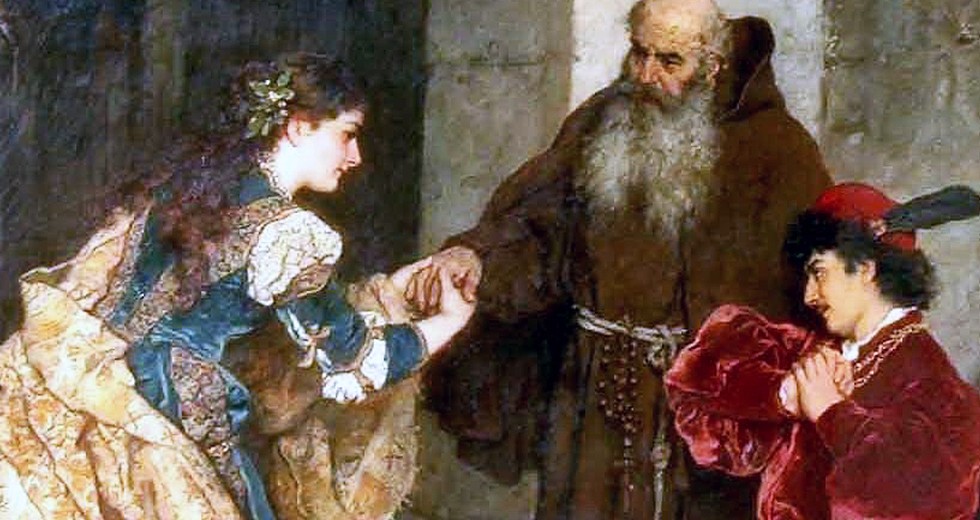
As Ravinia celebrates a “Summer of Love,” it would be a grievous oversight not to showcase what may be history’s most famous love affair: that of Romeo and Juliet. The great fascination the world has had for Shakespeare’s tragic teen love story has inspired countless musical works. In 2002 at Ravinia, actor-director John de Lancie staged a novel production titled “The Romeo and Juliet Project,” incorporating R&J-themed music by a whole list of composers including Bellini, Berlioz, Bernstein, Gounod, Prokofiev and Tchaikovsky, among others who have tried their hand at portraying it.
The Romeo and Juliet story was set in operas by Charles Gounod and Vincenzo Bellini, among others, but neither of these works achieved the worldwide acclaim accorded three later musical versions of the story, all of which were explicitly derived from Shakespeare without having to compete with the Bard’s language: Hector Belioz’s 1839 “dramatic symphony” Roméo et Juliette uses voices only in brief portions before the magnificent vocal finale, and both Tchaikovsky’s famous concert overture and Prokofiev’s ballet have no text whatsoever. While operatic composers were forced to use diluted reworkings of Shakespeare’s words, these later versions avoid that impasse altogether and simply evoke the emotional aura of the famous play.
Tchaikovsky was to revise his fantasy-overture numerous times before achieving the form in which we now know it, an acknowledged masterpiece. (James Conlon, Ravinia music director, will conduct the Chicago Symphony Orchestra in a performance of Tchaikovsky’s final version on July 27.)
The next enduring musical work based on the Romeo and Juliet theme was the ballet created by another Russian composer, Sergei Prokofiev. Interestingly enough, while the score has always found acceptance and won over audiences worldwide, the staged ballet experienced more difficulties. After the premiere was postponed numerous times, Prokofiev made two orchestral suites out of his score (a third would come later), which he first presented in 1936-37. (Susanna Mälkki will conduct the CSO in her own suite of excerpts on July 16.)
But the challenge of transforming Romeo and Juliet into a musical format has continued to intrigue composers, and in 1957, less than two decades after the inauspicious birth of Prokofiev’s ballet came yet another mold into which the subject was poured, this time as an American musical, West Side Story. Containing what is most likely Leonard Bernstein’s finest score, with lyrics by the then-newly emerging genius of the musical stage, Stephen Sondheim, West Side Story was an unquestionable landmark in the history of Broadway shows. Its equally successful 1961 film adaptation won 10 Academy Awards. (The film will be screened on July 17-18 to the live accompaniment of the CSO, led by David Newman.)
For the complete feature, written for Ravinia’s magazine, go to ravinia.org.